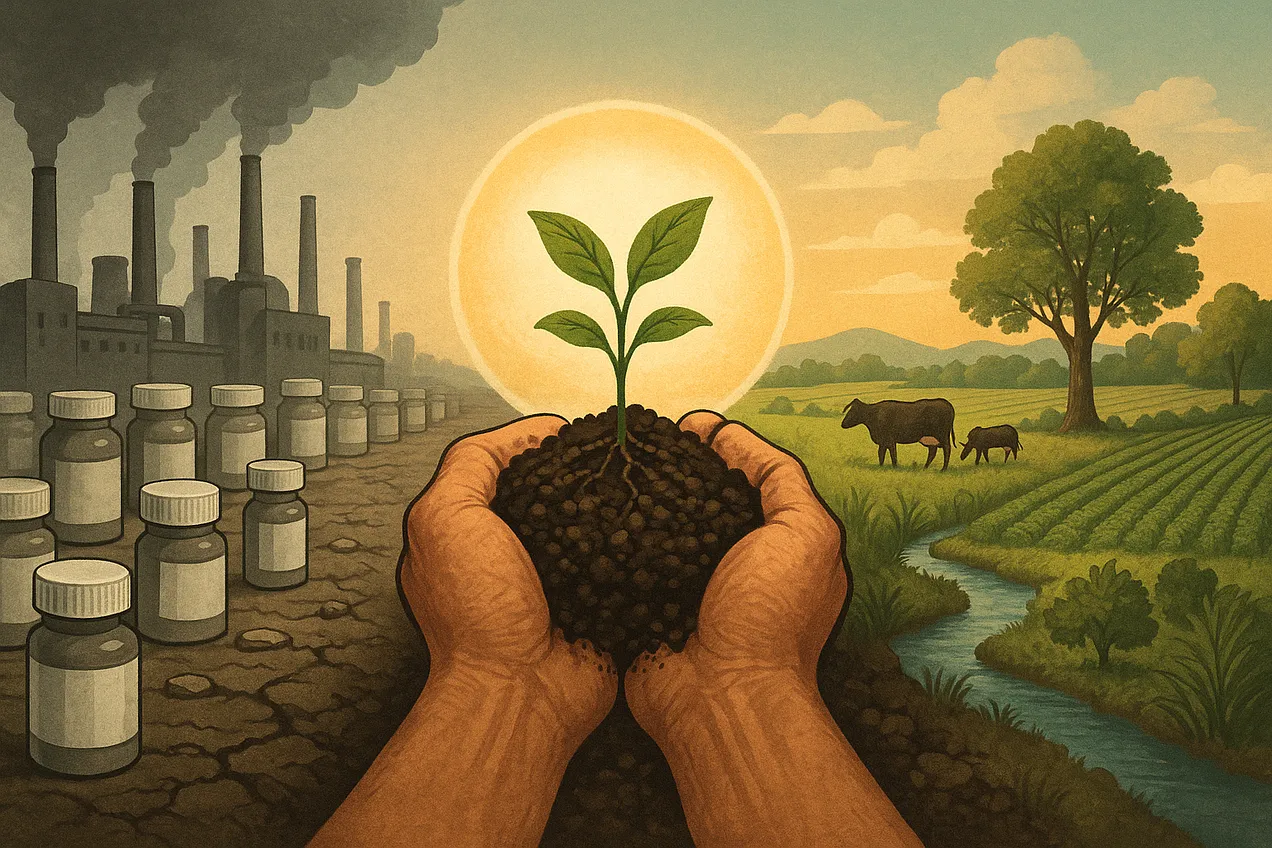Abandoned towns. Fractured narratives. Institutions straining beneath their own abstractions. We are living in a moment where the scaffolding of modern life feels less permanent than we were promised — and more conditional than we assumed. Beneath the noise, beyond the outrage cycles and ideological theater, something quieter is unfolding: a recalibration. Not rebellion. Not collapse. A remembering. Of land. Of skill. Of competence. Of the fact that maps change, but reality remains.
Tag: resilience
What follows isn’t medical advice — it’s a reminder to reclaim ownership of your health, your body, and your awareness. In a world obsessed with quick fixes and synthetic interventions, it’s easy to forget the simplicity of what actually sustains us: movement, nature, breath, and presence. This is an invitation to return to those fundamentals and to question the narratives that keep us sick, distracted, and dependent.




